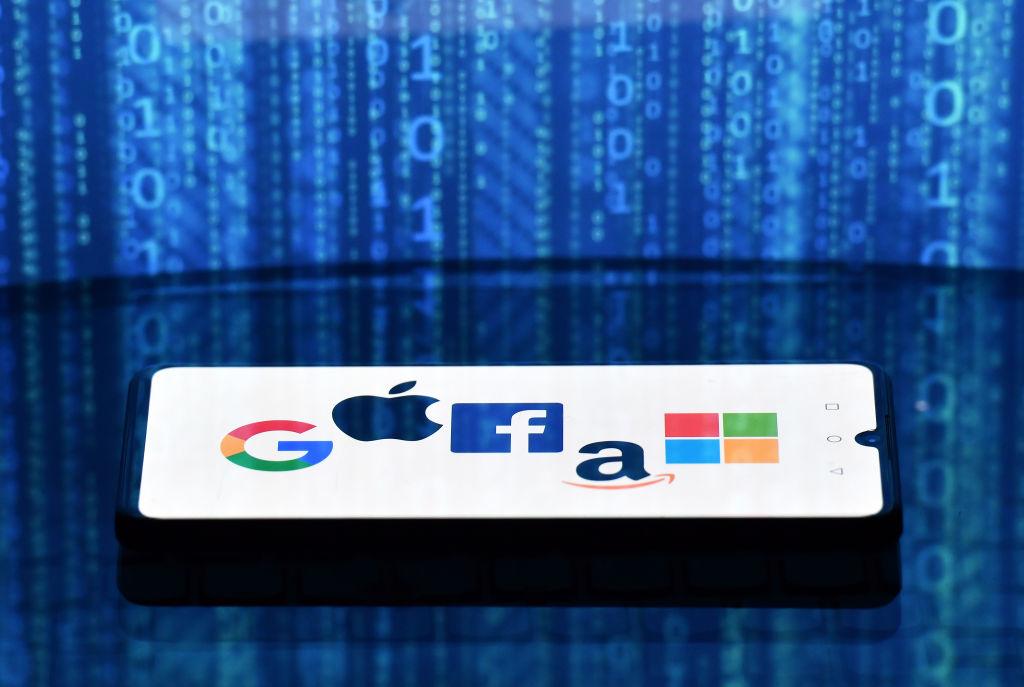Commentary
It’s like clockwork. Every time we get a new batch of proof that Big Tech companies have been censoring information related to COVID controls, vaccines, or other controversial topics, someone pops up with the same argument.

It’s like clockwork. Every time we get a new batch of proof that Big Tech companies have been censoring information related to COVID controls, vaccines, or other controversial topics, someone pops up with the same argument.